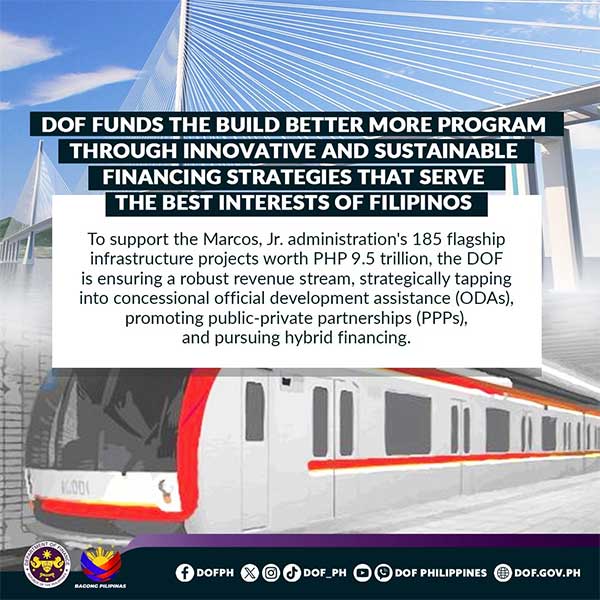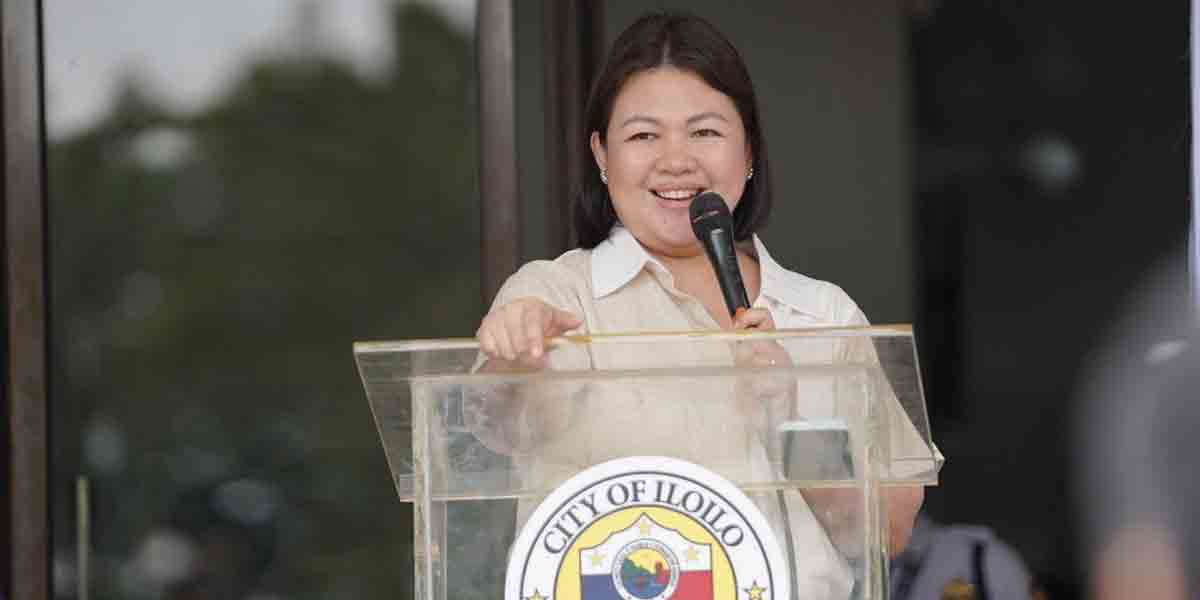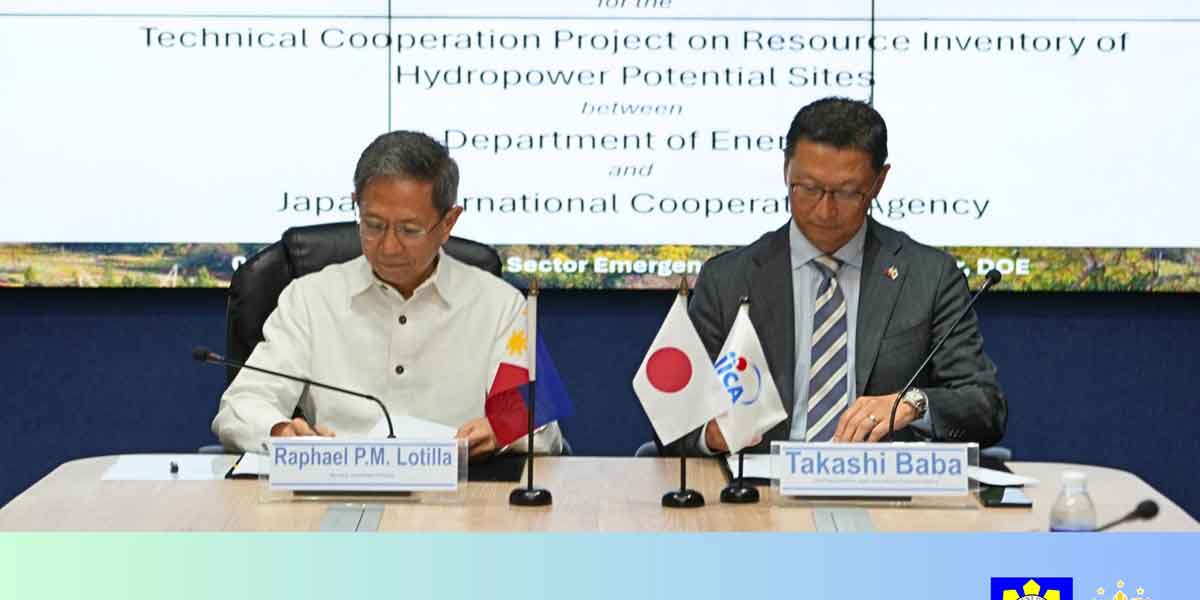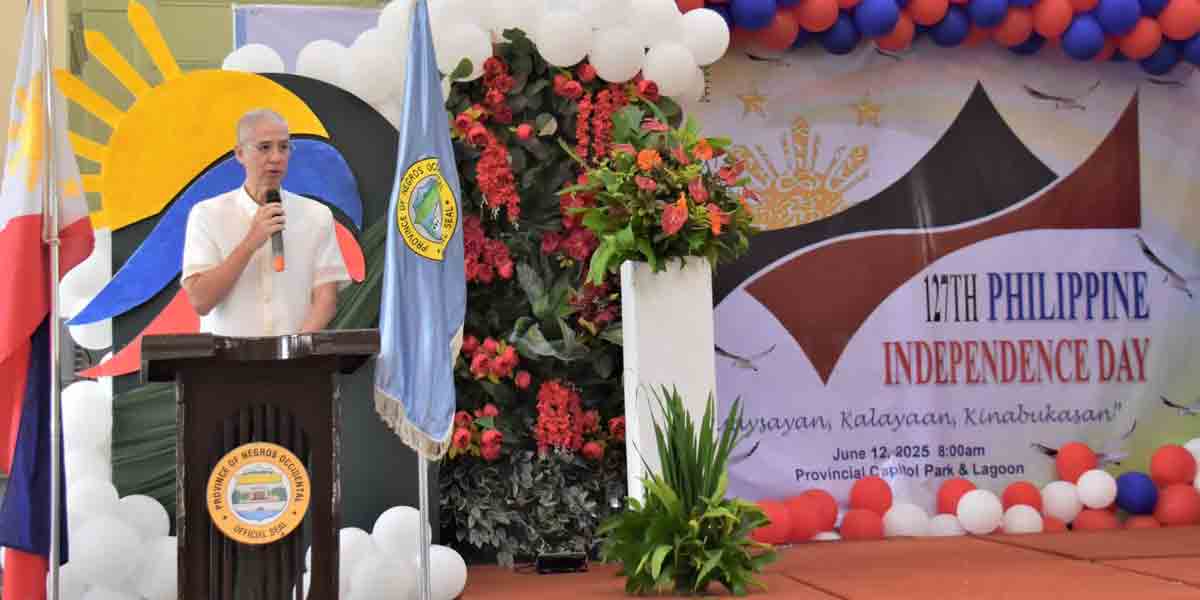
By Francis Allan L. Angelo
The Department of Finance (DOF) is employing innovative and sustainable financing strategies to support the President’s Build Better More program, aimed at enhancing infrastructure across the Philippines.
During the Build Better More Infrastructure Forum at New Clark City on July 12, 2024, DOF Undersecretary Rolando G. Tungpalan emphasized the importance of robust funding for the successful implementation of 185 flagship projects worth PHP 9.5 trillion.
“The continuous roll-out of the infrastructure buildup on this scale demands the lifeblood of funding. And it requires an expansionary fiscal posture: a willingness to accept some amount of deficit spending and long-term borrowing. That fiscal posture will have to be supported by a more robust revenue stream,” Tungpalan said.
Under the administration of President Ferdinand R. Marcos, Jr., the DOF plays a crucial role in securing the necessary funds.
The funding strategy includes official development assistance (ODA), public-private partnerships (PPP), and national government financing. Of the 185 projects, 82 will be funded through ODA, 43 through PPPs, with the remainder financed by a combination of methods.
Tungpalan highlighted the government’s approach to ensuring a steady revenue stream by improving tax administration through digitalization, maximizing non-tax revenues, and plugging tax leaks.
The national government projects an average annual revenue growth of 10.3%, aiming to reach PHP 6.25 trillion by 2028.
ODAs, providing the most concessional financing, have been pivotal.
The DOF has secured about USD 7.2 billion in ODA funding since the start of the President’s term, primarily from Japan through the Japan International Cooperation Agency (JICA).
Significant ODA-funded projects include the North-South Commuter Rail, the Metro Manila Subway, the Dalton Pass East Alignment, and the Bataan-Cavite Interlink Bridge.
“ODAs provide the most concessional financing with lower interest rates, longer grace periods, and longer amortization or maturity periods,” Tungpalan noted.
He also stressed that ODAs allow the government to align projects with national interests without compromising with project proponents.
The DOF is also leveraging the recently enacted Public-Private Partnership (PPP) Code to attract private sector participation in infrastructure projects, enhancing the efficiency and speed of project implementation.
The PPP Code facilitates streamlined permits and approvals, encouraging private investment in strategic projects.
Tungpalan assured that the government’s prudent debt management has earned the Philippines top rankings in debt transparency and high credit ratings.
The national debt-to-GDP ratio is expected to decrease from 60.6% in 2024 to 56% in 2028.
“Rest assured, the Department of Finance is working diligently to secure sustainable and uninterrupted funding for our infrastructure projects so that their economic benefits are felt by Filipinos at the soonest possible time,” he added.





















